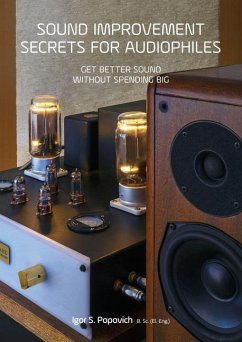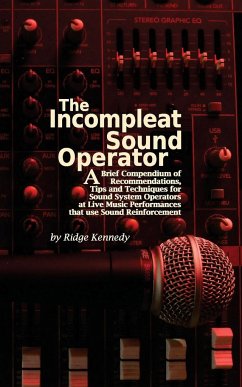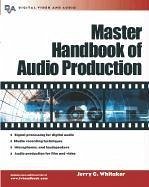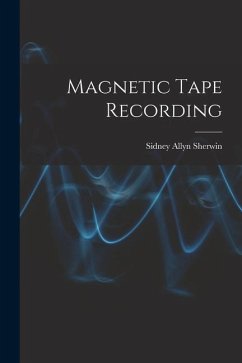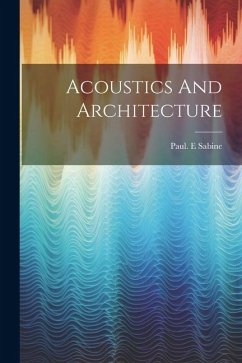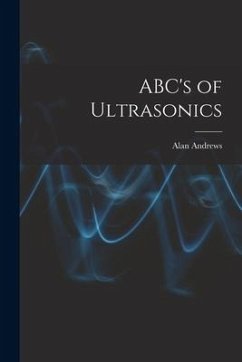
Silent to Sound
British Cinema in Transition

PAYBACK Punkte
20 °P sammeln!
Silent cinema was never silent. But from the mid-1920s onwards, the 'sound' part of the cinema experience was transformed by the arrival of films, long and short, with clearly audible talk, music, and sound effects built in. It marked the most fundamental shift in cinema technology since cinema's birth. The first book devoted to Britain's conversion to talkies, and the result of eight years' research, Silent to Sound: British Cinema in Transition takes a lively and comprehensive look at the production side of the British sound revolution, stretching from experimental efforts in the late 19th c...
Silent cinema was never silent. But from the mid-1920s onwards, the 'sound' part of the cinema experience was transformed by the arrival of films, long and short, with clearly audible talk, music, and sound effects built in. It marked the most fundamental shift in cinema technology since cinema's birth. The first book devoted to Britain's conversion to talkies, and the result of eight years' research, Silent to Sound: British Cinema in Transition takes a lively and comprehensive look at the production side of the British sound revolution, stretching from experimental efforts in the late 19th century, through the sound shorts of the 1920s, to the key year of 1929, the year of Hitchcock's Blackmail (Britain's first home-grown talkie feature), and the industry turmoil that followed. The narrative concludes in 1934, when John Grierson's GPO Film Unit finally acquired sound equipment, prompting a late burst of experimentation just when commercial feature soundtracks had settled down. Films familiar, neglected, and unknown are examined: overripe melodramas (the lost Black Waters), local versions of Hollywood musicals (Harmony Heaven), visually elaborate science-fiction (High Treason), plus newsreels, documentaries, amateur films, and the last phase of British silent production. The impact of sound on studio technique is examined, along with the industry's complex relations with Britain's strong theatre traditions, with Europe, and above all, cinema's superpower, America. It's also never forgotten that the sound transition was shaped not just by technology but by the talents, foibles, and follies of individual people. Film history with a human face.




